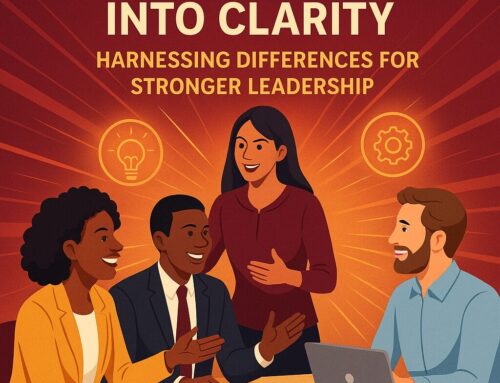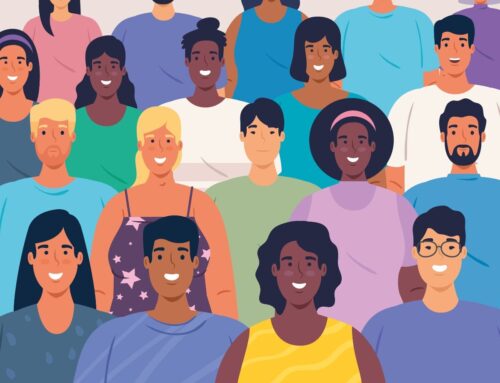When I was a project manager leading global change initiatives, I had the opportunity to mentor interns and add them to my team.
My first intern, we’ll call him LM, performed well, exceeded my expectations, and presenting his work to executives at the end of the summer. This young student from an HBCU showed everyone what young Black engineers were capable of (I didn’t need convincing, but I knew my peers did).
The next summer, I had another Black engineering intern from the same school. We’ll just call him M. This young man was not coachable, and not ready to operate effectively in the corporate environment. It wasn’t a good experience.
Meanwhile, down the hall, the same summer, was the son of one of the executives. This young white student was often found sleeping at his desk, didn’t show up for work, and had lackluster output according to some of my peers.
At the end of that summer, some of the other managers in my department were laughing and had lots of jokes and derogatory statements to make about my intern. Some even bellowing about his unprofessionalism. But what I found very troubling was that none of these same managers compared my second intern to the white intern down the hall who kept falling asleep.
When I called these managers out about their hypocrisy, they look surprised, even offended. But it is this surprise, and offense, that is at the root of the problem in the phrase “DEI hire”.
It’s the idea of measuring individuals differently, holding people of color (and women) to a higher standard. And when they fall short of this exceedingly high standard, they’ve just proven someone “right”. They/we are put on display and held under a microscope, while our white male peers receive grace.
We are accused of not being “qualified” and cheating a system that is supposed to be about merit.
We saw this play out in the national stage when two candidates of very different professional pedigree competed for the same job.
Not surprisingly the candidate with the least amount of experience and education, yet male without melanin, found their way to the podium.
That’s only one example; organizations are full of them.
Is yours?






